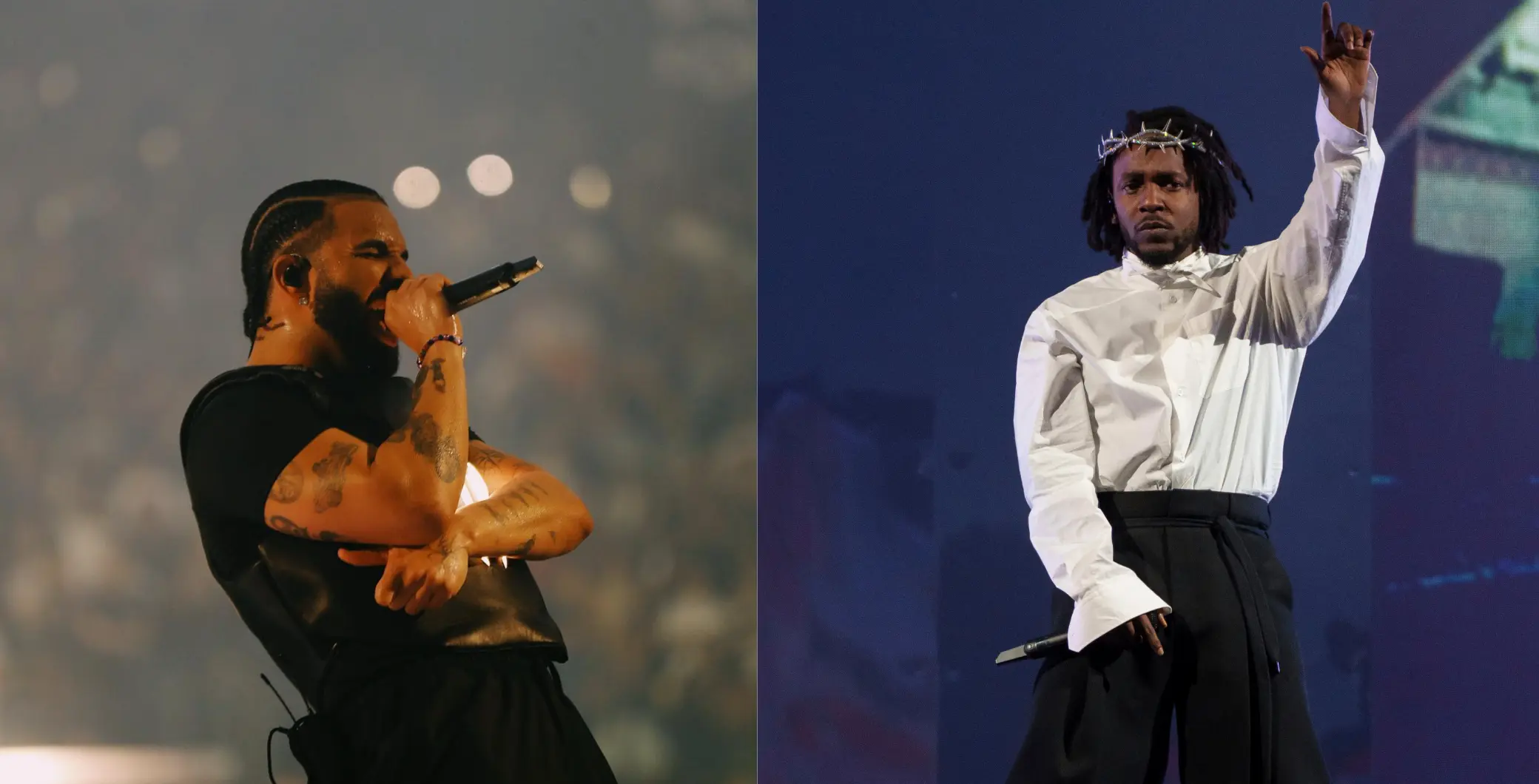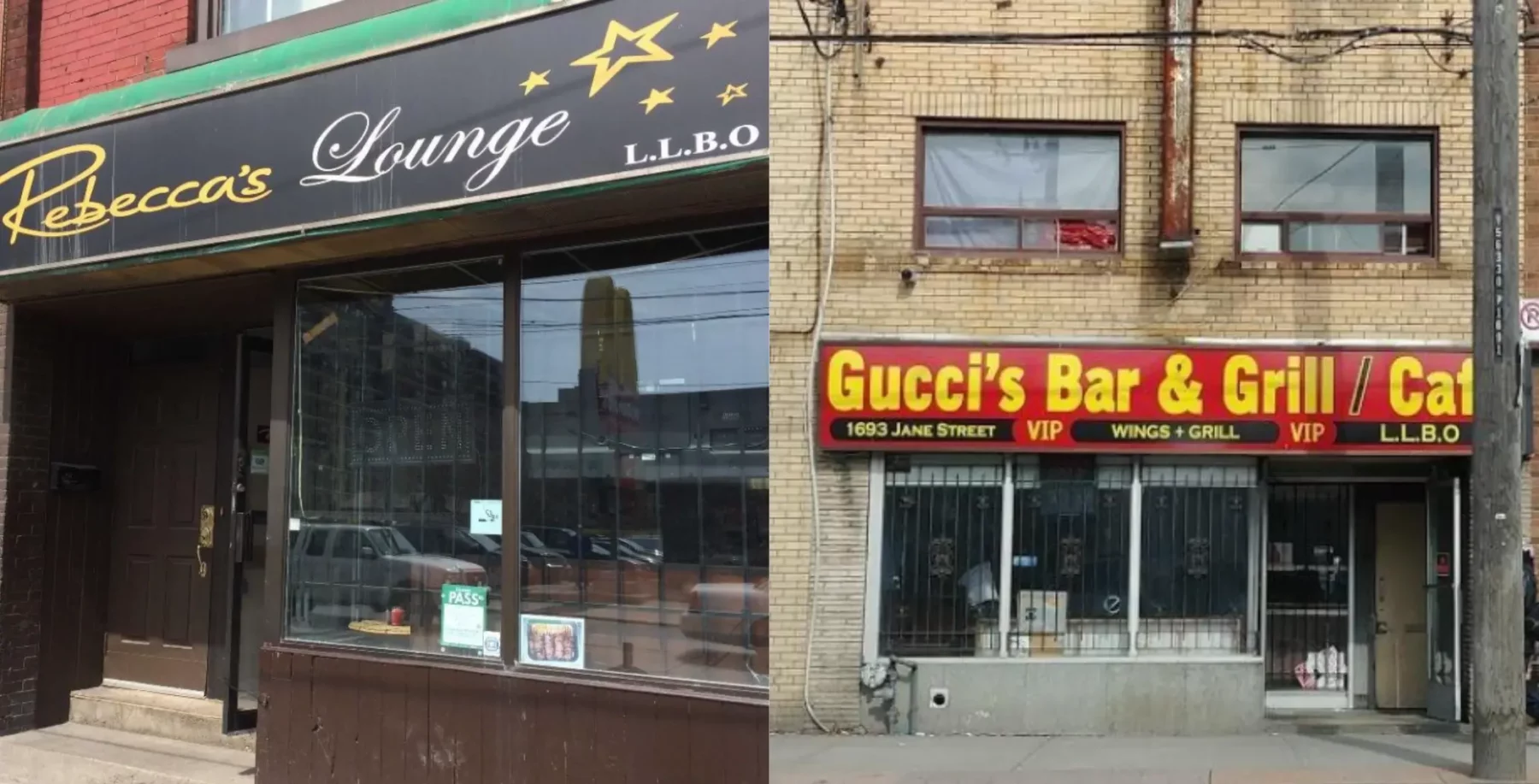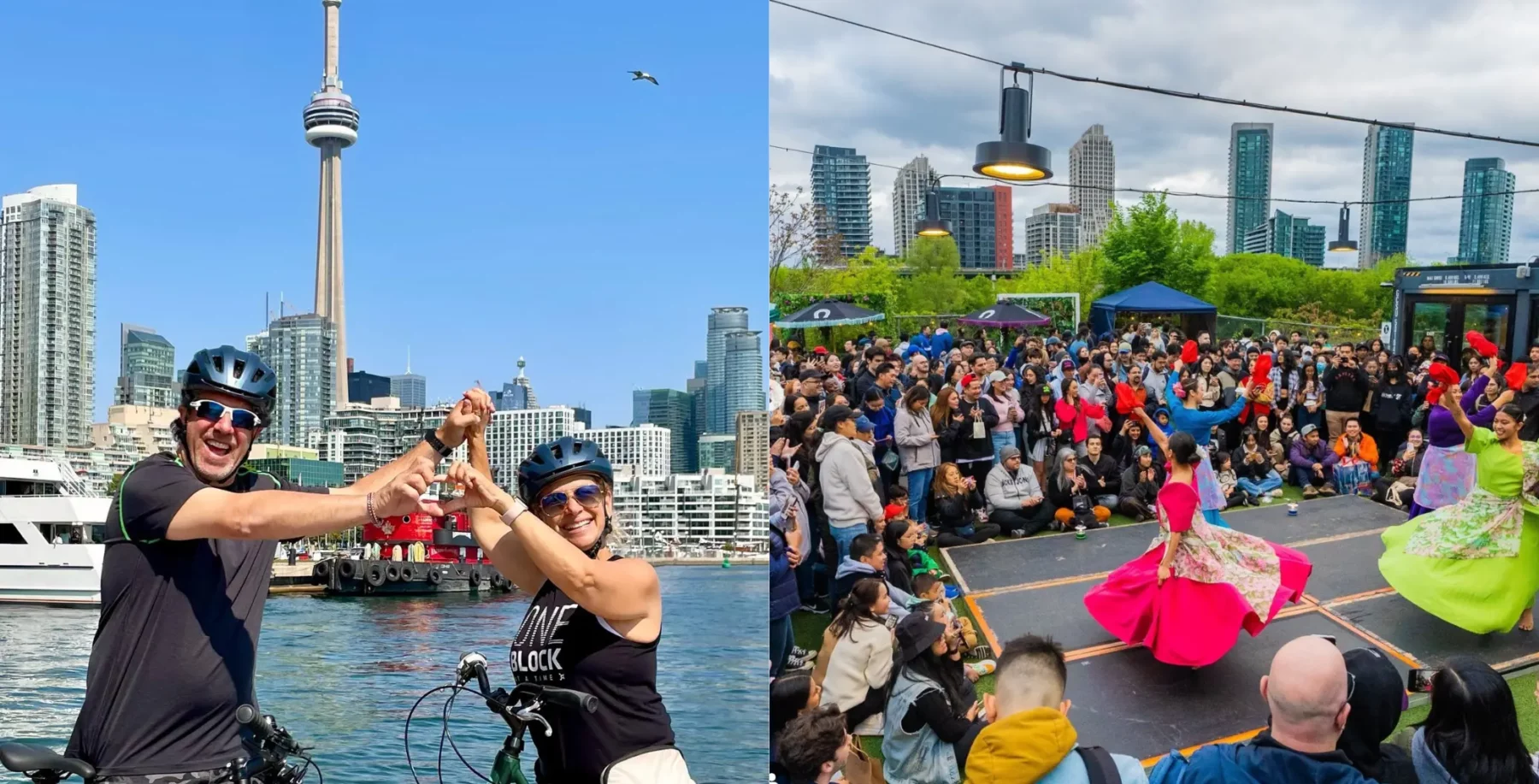
The recent flare up in Drake and Kendrick Lamar’s feud is only the latest in a deep-seated squabble spanning well over a decade.
Though their back and forth may serve as entertainment for the casual onlooker, boasting and bragging in the form of a rap battle or diss track is a long-standing and culturally significant trope of the genre, Mark Campbell, professor of Music and Culture at the University of a Toronto explained to Now Toronto.
Campbell highlighted the importance of battles in hip-hop and the impact the internet is having on the growth, development and trajectory of its foundational characteristics.
Hip-hop is a “genre of storytelling,” said Campbell, “it’s an oral art form,” born from predominantly teenage boys, but also teenage girls gloating about themselves, he explained.
“The most average aspect of being a teenage boy is boasting…so, you find that in the music of LL Cool J or Def Jam in the middle of the 80s,” Campbell said, and that’s how rappers continue to draw in audiences, with the lure of a lyrical confrontation between two braggadocious teenagers, or in Drake and Kendrick’s case, grown men.
Historically, rap battles were, and still are, a vehicle for quashing or addressing beef between two artists, and the winner, the one who captures the attention of the crowd, would get literal bagging rights, and if they’re lucky, a career, while the other might disappear into obscurity.
“There are lots of rappers that have beef, but will you ever hear about them if they’re not the most revered artists? No, right? I could name a bunch of beats, but unless you’re deep inside the culture, you don’t know the name of these artists and nobody cares, that’s the art of the rap battle,” Campbell explained.
In the 80s, hip-hop audiences gathered predominantly in person, but in 2024, while battling remains a core characteristic of the culture, crowds span continents, time zones, and digital platforms, hence feuds can and do exist in abundance and on a much grander scale.
It also means there’s space for semi-interested, non-committal fans to dip their toes into a complex culture defined in part by its devoted participants.
The fun of these battles for hardcore fans, explained Campbell, is the cryptic nature of the lyrics.
“You and your friends will discuss what [they] meant… and that was part of the social aspect…in the school yard, or somewhere else on the bus or travelling on the subway…we would be discussing this line or that line,” Campbell said.
But rappers are also leaning into ubiquity of the internet, which can sully the experience of listeners deeply involved in hip-hop.Not only that, people are consuming hip-hop, and more specifically diss tracks, without having experienced every facet of the culture or feud, Campbell explained.
“They are consumers buying a product without contributing to the growth of the culture. And that’s what the internet is, how the internet ruins the rap battle,” Campbell said.
“People are dropping songs on YouTube. A place where you can drop as many comments as possible, as comments matter a lot. But also it becomes more accessible. So, if you were in Thailand, you would still get first access to this track as opposed to somewhere like Spotify or SoundCloud. So, they utilize the biggest platforms purposefully in places where they can galvanize people’s reactions,” Campbell explained.
So, where does this leave Drake and Kendrick, two of the most successful and well-known rappers of all time?
“There’s a couple different ends,” Campbell said. “One of them could disappear into obscurity, or they could agree to amicably end the beef like Meek Mill and Drake or Common and Ice Cube, all of whom have gone on to have successful careers post their respective feuds.”
“It could end in a track. They can make a track together. Right and onstage, they can take it to a live audience and say, ‘Hey, you guys decide,’Campbell concluded.












